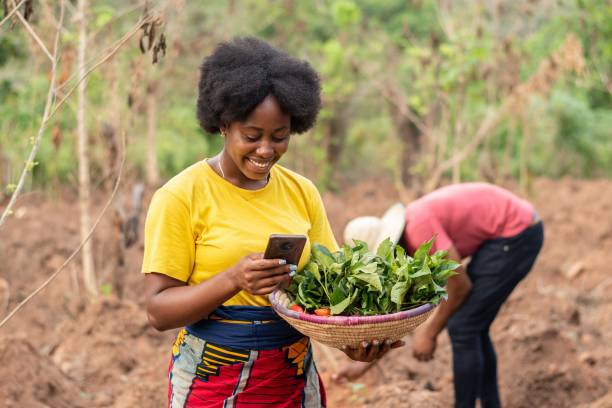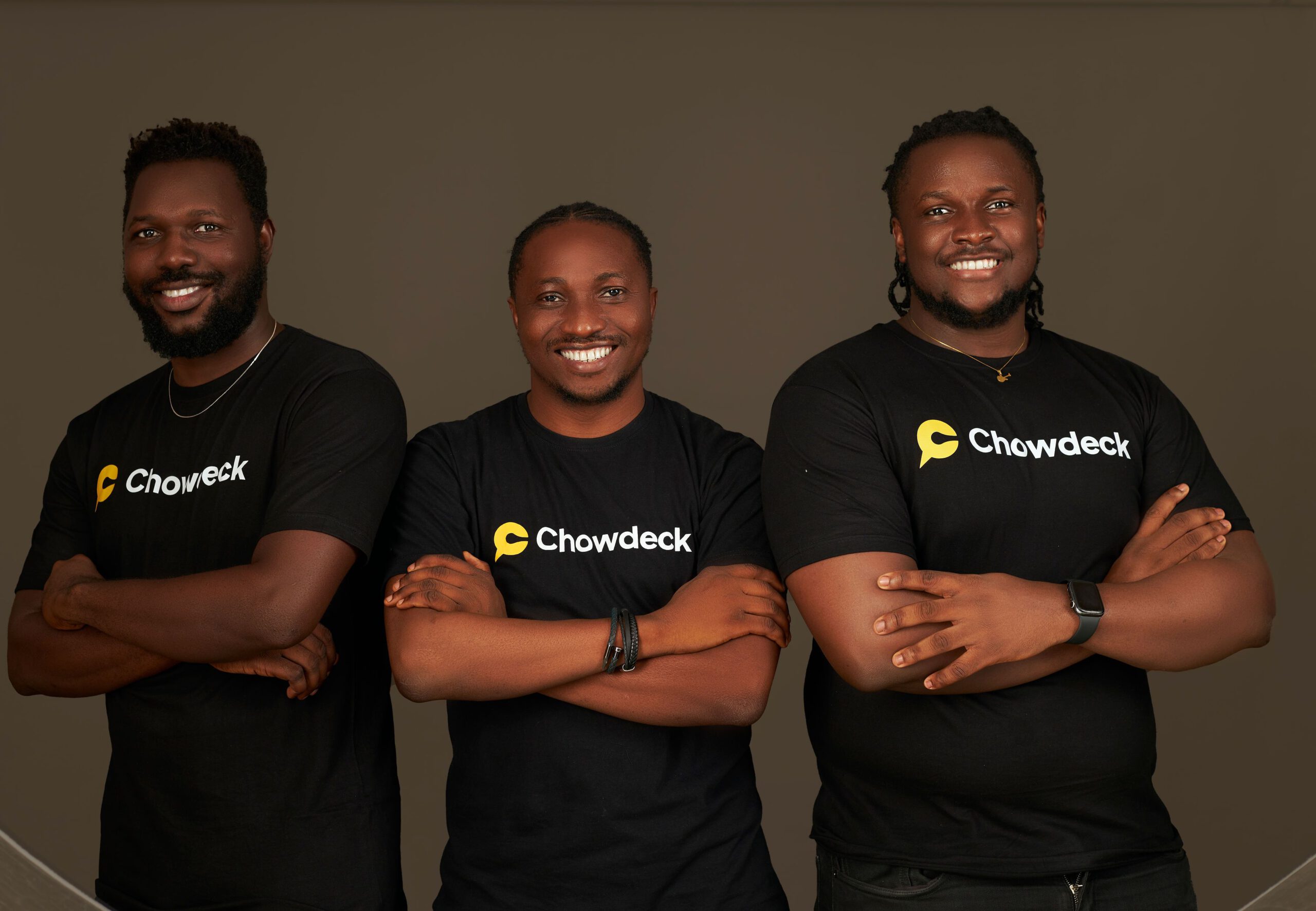How African Startups Are Localizing AI

On a humid afternoon in Kitui County, Kenya, farmer Miriam Nduku aimed her budget smartphone at the spotted leaves of her cassava plants.
Within seconds, an app identified the disease in Kikamba, her mother tongue, and gave voice instructions for treatment. Built by a local startup, it was trained on thousands of local plant images and optimized for low bandwidth use.
For Miriam, AI wasn’t abstract technology; it was a trusted companion rooted in her reality.
Why localization matters in Africa
Artificial intelligence promises better decisions, faster services, and new opportunities. But imported, off-the-shelf models often trained on Western data struggle when confronted with Africa’s diverse languages, cultural nuances, and infrastructure realities.
Africa has over 2,000 languages, yet less than 1% of global AI language resources cover them (Masakhane, 2023).
In some regions, mobile data costs more than 5% of monthly income, and average download speeds remain below 25 Mbps (Alliance for Affordable Internet, 2024).
Many users rely on budget smartphones with limited storage and processing power.
These conditions mean that AI localization is not optional, it’s essential. And with Africa’s digital economy projected to hit $712 billion by 2050(World Bank), the market for context-aware AI is enormous.
How African startups are localizing AI
Speaking the local language
Language localization is perhaps the most visible front. Projects like Masakhane, a pan-African research collective, are building natural language processing (NLP) models for Swahili, Yoruba, Zulu, Amharic, and dozens of other languages.
VulaAI(South Africa) integrates voice assistants in isiXhosa and Afrikaans for healthcare queries.
Lelapa AI (South Africa) is working on language models that understand African idioms and code-switching, making chatbots more natural for multilingual users.
Designing for Low Bandwidth and Offline Use
AI products in Africa must work in places where internet access is patchy.
SunCulture (Kenya) uses AI-driven irrigation systems that run offline, syncing data when connections are available. Farmerline (Ghana) provides AI-powered advisory services via SMS and voice for farmers without smartphones.
Technical innovations like model quantization, edge computing, and compressed neural networks make it possible to run powerful AI tools on devices costing under $100.
Building Culturally Aware Systems
Cultural relevance can determine whether AI is trusted or ignored. In content moderation, for example, global AI might flag harmless local slang as offensive, or miss harmful content in regional dialects.
Chatbots by iCog Labs(Ethiopia) incorporate local proverbs and context in educational tools, making interactions engaging rather than foreign.
OkHi(Kenya/Nigeria) uses AI to verify physical addresses, recognizing that many African homes don’t follow Western postal systems.
Keeping Data Local and Secure
Data sovereignty is becoming a competitive advantage. With many African countries drafting AI and data protection laws, startups are emphasizing privacy and local control.
Zindi, Africa’s largest data science competition platform, ensures African datasets stay within the continent while enabling innovation.
DataProphet (South Africa) trains AI models for manufacturing entirely on local servers to meet compliance needs.
Specializing in high-impact sectors
Rather than trying to solve everything, African AI companies often specialize in sectors with clear local demand:
- Agriculture:Aerobotics (South Africa) uses drone imagery and AI to monitor crop health.
- Healthcare:54gene (Nigeria) applies AI to African genomic data, improving diagnostic accuracy for regional diseases.
- Finance:Lendable (Kenya) uses AI to assess credit risk from mobile money patterns, opening access to loans for the unbanked.
Innovation under constraints
African startups often face tight budgets, scarce labeled data, and limited AI talent but these constraints drive creativity:
Crowdsourced data collection:Farmerline enlists farmers to send photos and label them, building agricultural datasets at scale.
Transfer learning: Teams fine-tunes large open-source models like Meta’s LLaMA or Hugging Face models with smaller, locally collected datasets.
Collaborative ecosystems: Masakhane’s open research model allows AI experts across 30+ African countries to share resources, avoiding duplicated work.
These approaches prove that innovation doesn’t always mean starting from scratch but it often means adapting smartly.
Conclusion
The AI race isn’t about who builds the biggest model, it’s about who solves the most relevant problems. African startups are proving that with creativity, cultural insight, and strategic use of open tools, they can make AI a force for transformation even in the toughest conditions.
If governments, investors, and tech communities rally behind them, Africa’s AI future will not just mirror global trends, it will set new ones. The next breakthrough may not come from Silicon Valley or London, but from a small office in Lagos, Kigali, or Tunis, built for the world but rooted at home.






